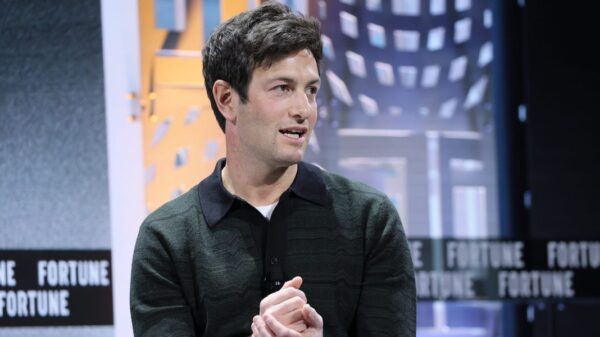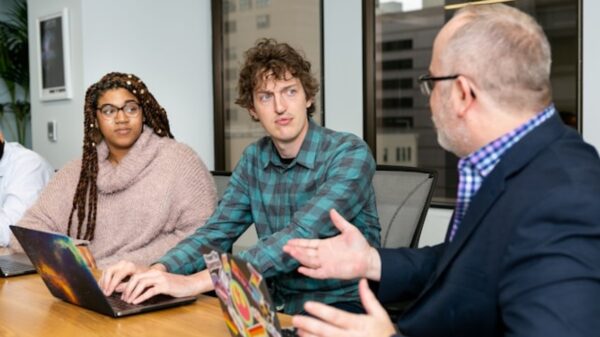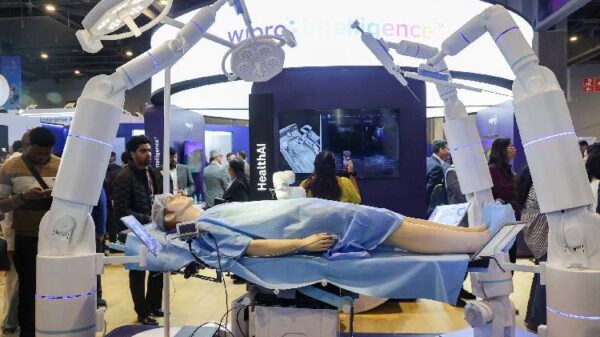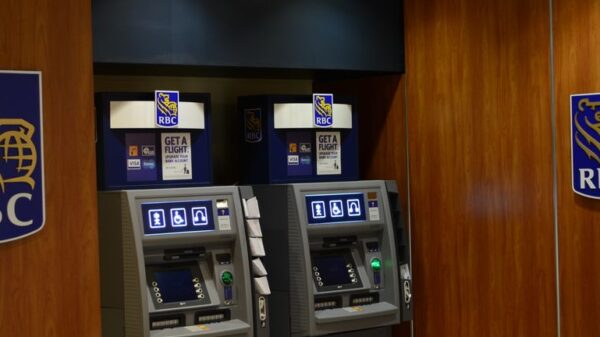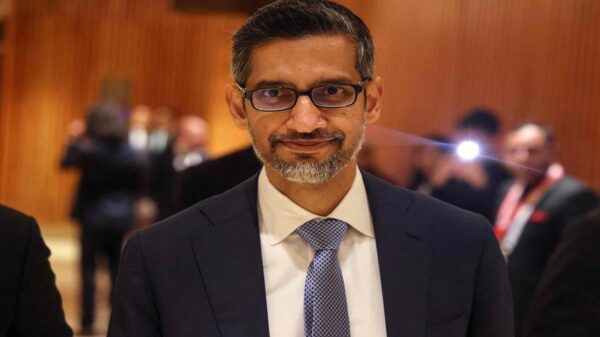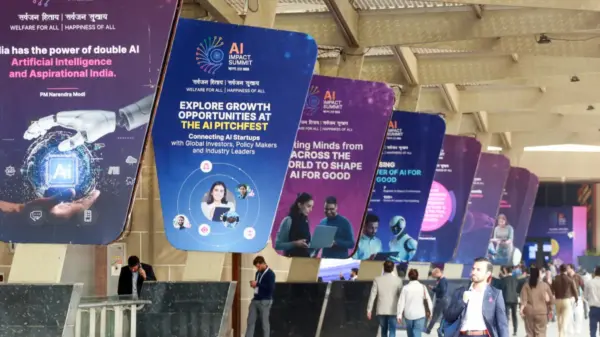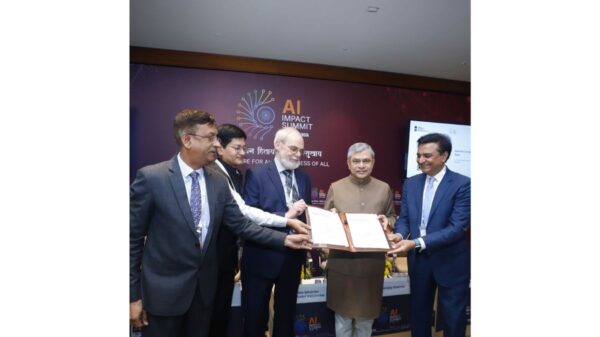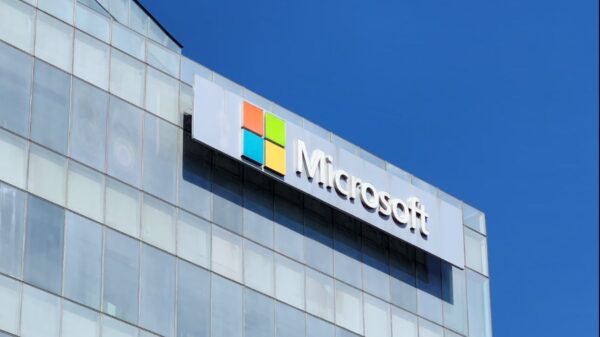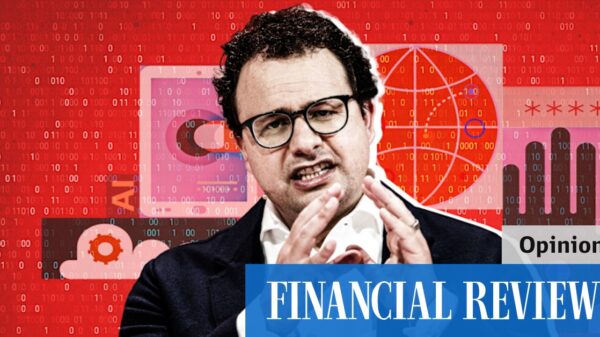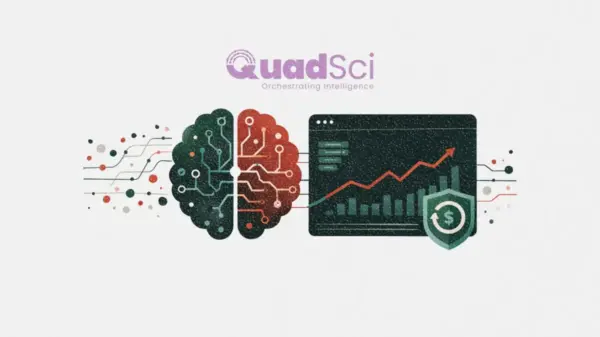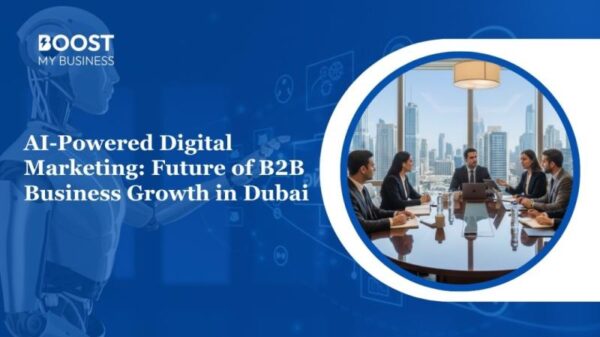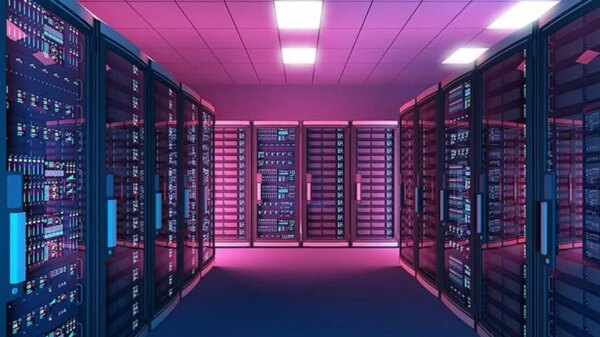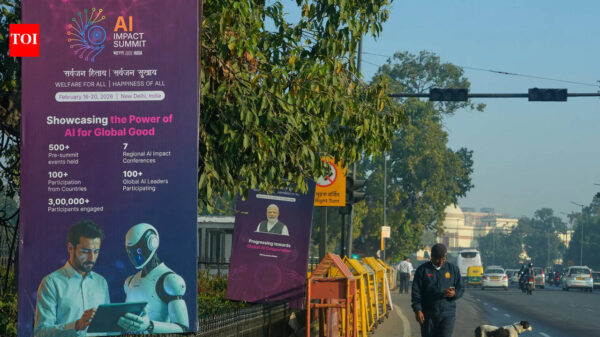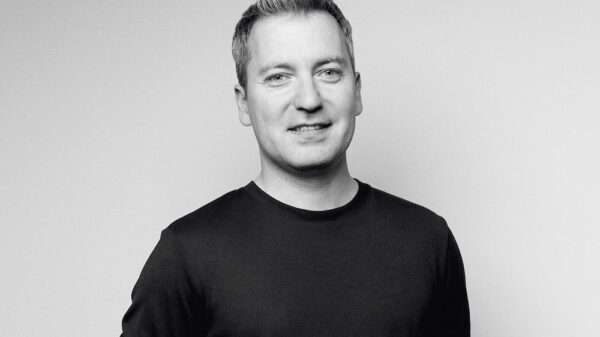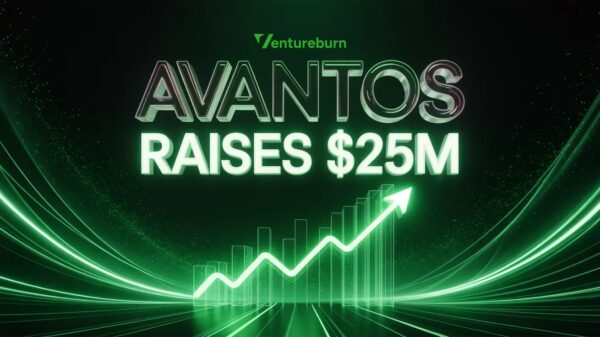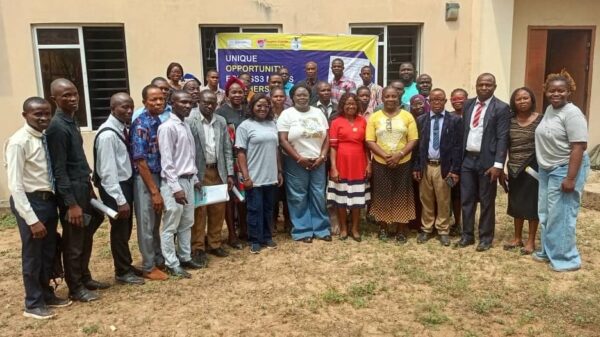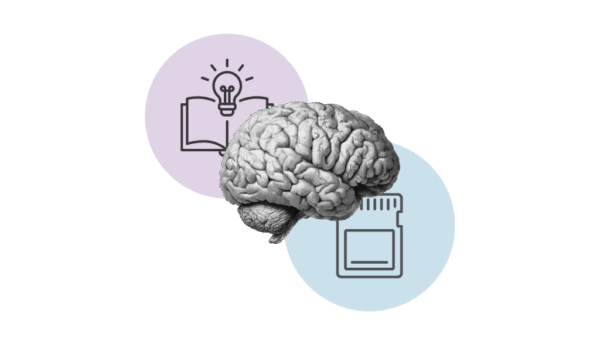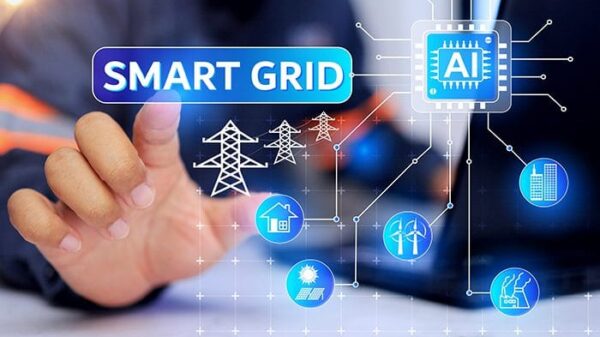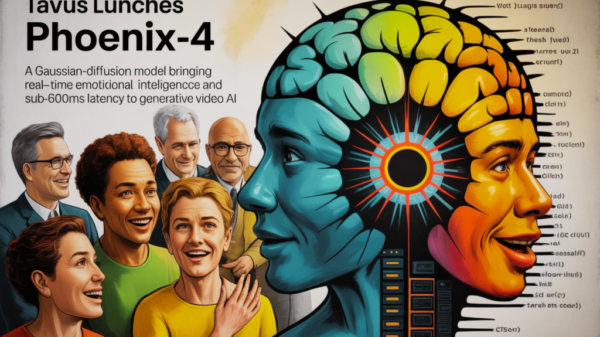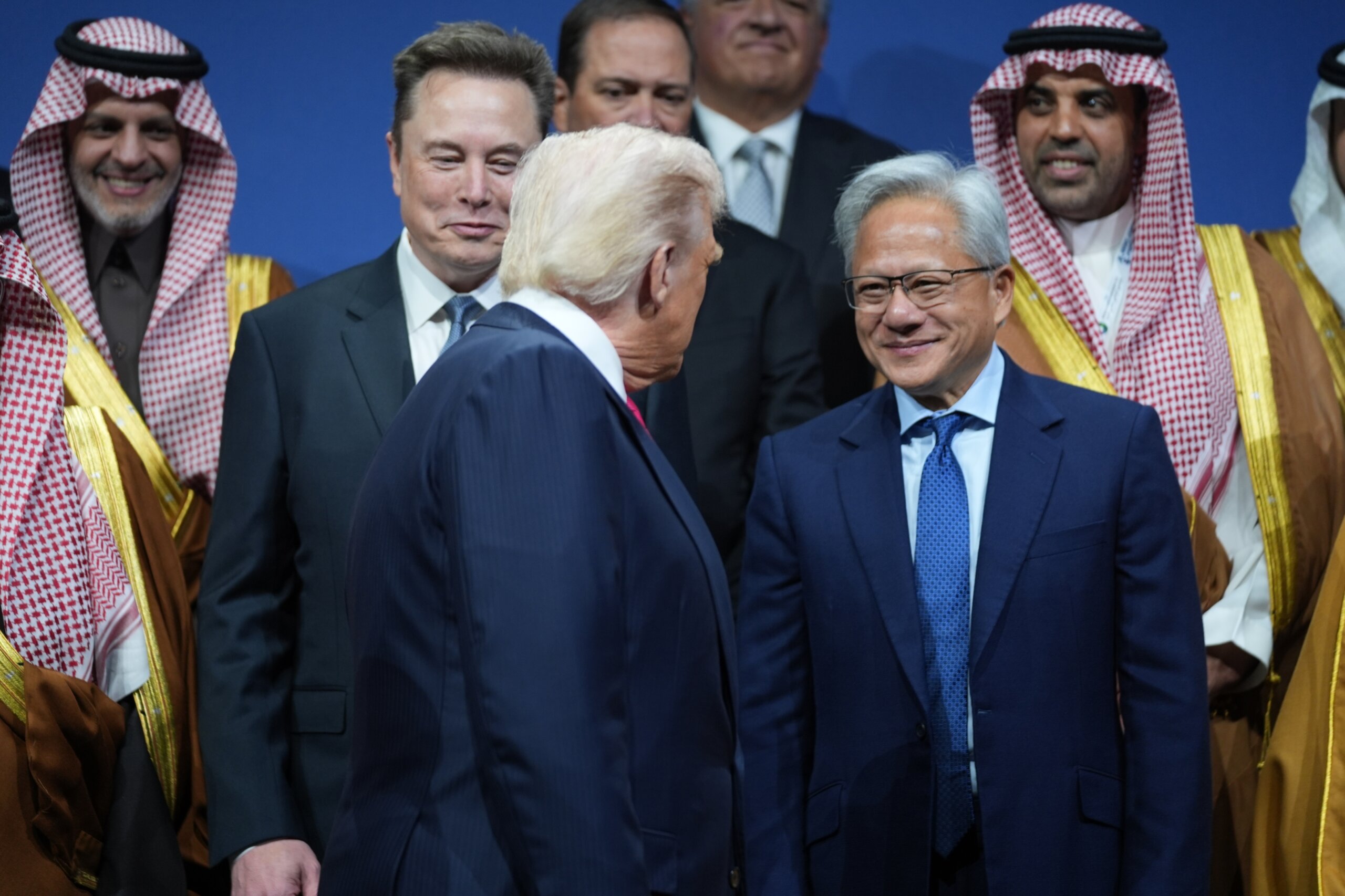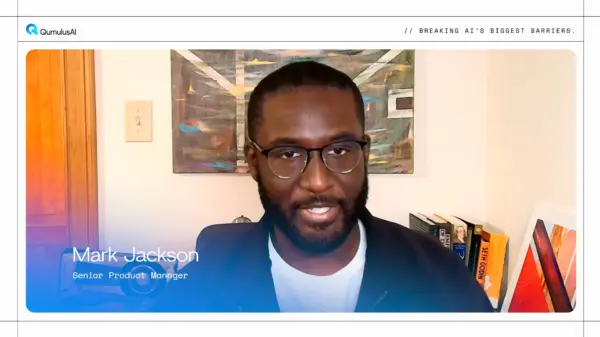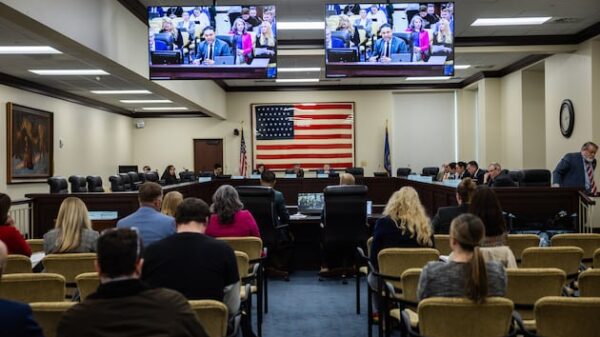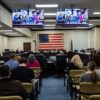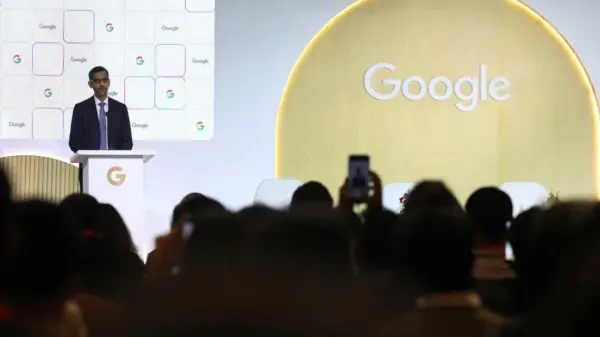In a recent display of the intertwining of politics and technology, President Donald Trump is increasingly leveraging the tech sector, particularly in the realm of artificial intelligence (AI), to further his economic agenda. This became evident during the U.S.-Saudi Investment Forum held at the Kennedy Center, where Trump hosted Saudi Arabia’s Crown Prince Mohammed bin Salman.
The crown prince has made a significant commitment to invest $1 trillion in U.S. companies, primarily aimed at transforming Saudi Arabia into an AI data hub utilizing its vast oil and natural gas reserves. During his address, Trump emphasized the importance of this partnership, stating, “We will work closely with friends and partners like those in this room to build the largest, most powerful, most innovative AI ecosystem in the world.” Notable figures in the tech industry, including Nvidia co-founder Jensen Huang and tech billionaire Elon Musk, were present to witness the unfolding collaboration.
Trump has been vocal about taking credit for the surge in investments and stock market performance this year, attributing much of this growth to the ongoing AI expansion. However, while he claims that his tariffs are generating new investments, a closer look reveals that a significant portion of foreign capital is actually flowing into data centers to meet the rising demands of AI computing.
Despite the optimistic rhetoric, the market has responded with caution; leading indices fell recently amid growing concerns that AI-driven companies might be inflating a financial bubble. Additionally, there are substantial political risks for Trump if the promised jobs in the AI sector do not materialize or if the burgeoning infrastructure increases utility costs for American consumers.
Saudi Investments: A Pathway to AI Dominance
The urgency of investments is underscored by Saudi Arabia’s escalating commitments. Initial pledges of $600 billion during Trump’s May visit to the kingdom have risen to $1 trillion. Trump has even pushed for this figure to reach $1.5 trillion, hinting at a backstage conversation with Prince Mohammed where he made his case.
At the forum, Blackstone Group CEO Stephen Schwarzman pointed to AI and power as the most significant growth areas, noting, “At Blackstone, we’re the largest developer, the largest owner of data centers in the world. And this is a really explosive area.” Similarly, Tareq Amin, CEO of the Saudi-backed AI company Humain, highlighted the opportunities presented by building AI infrastructure that leverages Saudi energy production alongside U.S. technology. Amin characterized this vision as an ambitious project that could reshape the region’s technological landscape.
Musk shared a more utopian view, suggesting that advancements in AI and robotics could ultimately render work optional for humans and eradicate poverty. He stated, “AI and humanoid robots will actually eliminate poverty,” adding that they would “make everyone wealthy.” While Huang expressed a more tempered perspective, stating, “Everybody’s jobs will be different,” which reflects the transformative nature of AI on the workforce.
As AI continues to evolve, its implications stretch beyond just economic growth. The consultancy Oxford Economics recently released an analysis asserting that AI investments could mitigate the “extreme uncertainty” currently surrounding the U.S. economy—a situation exacerbated by ongoing trade tensions and inflationary pressures stemming from Trump’s tariff hikes.
This evolving landscape highlights the dual-edged nature of AI expansion: while it presents vast opportunities for growth and innovation, it also raises questions about sustainability and economic equity. As Trump rallies support for these initiatives, the global AI community will be closely monitoring not only the technological advancements but also their broader economic implications.
See also IBM Integrates Consulting Advantage into Microsoft Copilot, Saving 250,000 Hours Annually
IBM Integrates Consulting Advantage into Microsoft Copilot, Saving 250,000 Hours Annually Yann LeCun Leaves Meta to Launch AI Startup Focused on Advanced Research and Memory
Yann LeCun Leaves Meta to Launch AI Startup Focused on Advanced Research and Memory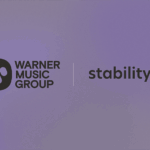 Warner Music Group and Stability AI Partner to Develop Ethical AI Tools for Music Creation
Warner Music Group and Stability AI Partner to Develop Ethical AI Tools for Music Creation Pope Leo XIV Addresses AI’s Impact on Human Dignity for 60th World Communications Day
Pope Leo XIV Addresses AI’s Impact on Human Dignity for 60th World Communications Day Hugging Face CEO Declares LLM Bubble; Emphasizes Shift to Specialized AI Models
Hugging Face CEO Declares LLM Bubble; Emphasizes Shift to Specialized AI Models


